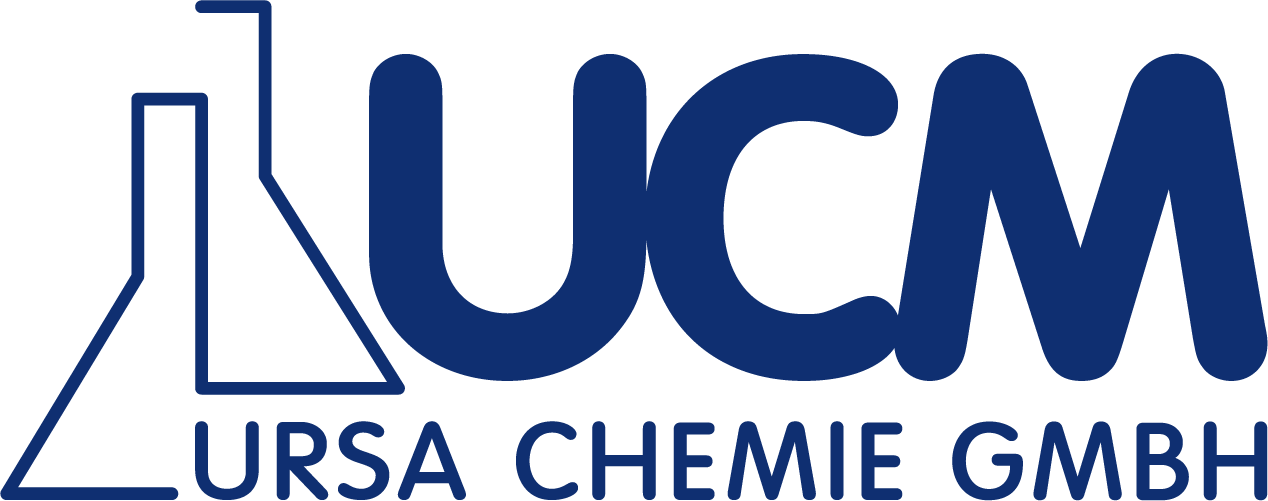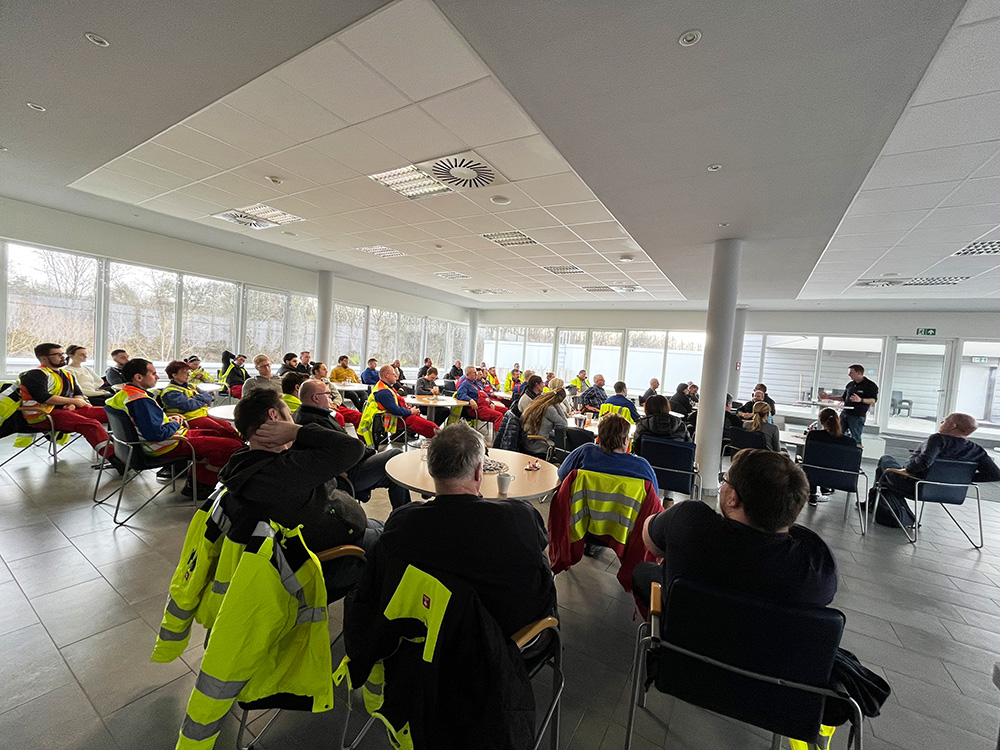We are all people in an entrepreneurial working environment. Here in particular, the works council plays a decisive role as a representative of interests and a link between the workforce and management. Today we talk about the importance of the Works Council at Ursa-Chemie, its role and how it helps to promote transparency, equality and a sense of belonging.
In the following sections, we will take a look at the history of the Works Council at Ursa-Chemie and how it has helped to strengthen working conditions and a sense of belonging over the years.
Works council as a representation of interests:
In general, works councils represent the interests of employees and management. Ursa-Chemie is no different. The management, which itself comes from the ranks of the workforce, recognises the importance of the employees and their concerns. Nevertheless, it is extremely important to ensure that all voices are heard. This is where the works council comes into play, taking great care to defend the interests, wishes and rights of employees.
A look at the history of the Works Council at Ursa-Chemie:
The history of the Works Council at Ursa-Chemie is characterised by significant milestones and achievements. The first election of a works manager (now a chairman) took place back in 1989, at a time when Ursa-Chemie was still operating under the abbreviation UCL and was based in Lahnstein. It was only later, in 1992, that the company was renamed UCM (Ursa-Chemie Montabaur). The development of the Works Council also reflects the growth of the company. In 1994, the first works council was elected in Montabaur, consisting of three people. At that time, UCM still employed fewer than 50 people. Today, with five works council members, Ursa-Chemie can look back on a successful co-operation with the managing directors. Particularly noteworthy is the company agreement on the award-winning ideas management programme, which offers employees the opportunity to submit their suggestions and thus contribute to continuous improvement. If this proposal fulfils the evaluation scheme or parts of it, the employee can receive bonuses of varying amounts. This is another example of how the works council helps to promote a positive working environment and good co-operation between all interested parties.
Versatile tasks of the works council:
The works council deals with a wide range of tasks that affect almost all areas of a company. From personnel and social issues to economic matters, the works council monitors compliance with standards and regulations in the company. At Ursa-Chemie, the Works Council works closely with the management to ensure that the interests of employees are aligned with the company’s objectives.
Regular meetings for transparent communication:
Communication between the works council and management takes place in regular meetings. Face-to-face meetings inform employees and promote a strong sense of togetherness. These meetings serve as a platform where open questions can be asked and new suggestions can be communicated directly. Transparency and openness create a relationship of trust between all parties involved.
Diverse communication channels:
There are various communication channels at Ursa-Chemie to ensure that every employee feels comfortable expressing their concerns. In addition to face-to-face meetings, employees can also submit their questions and suggestions via a mailbox, a works council mailbox or in person “in private”.
These diverse options are intended to ensure that every employee has the opportunity to be heard.


